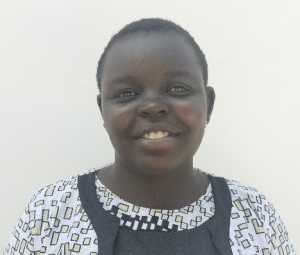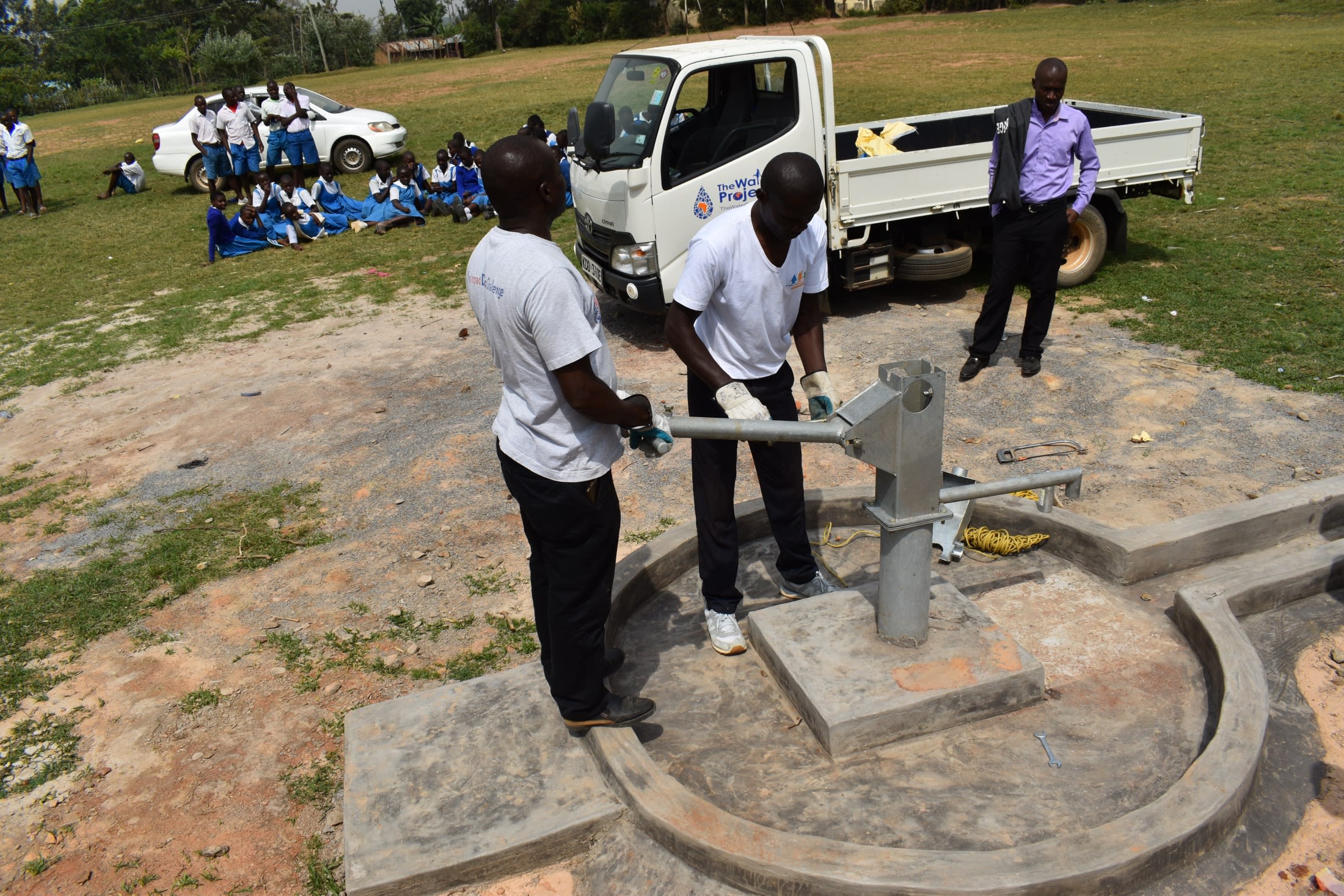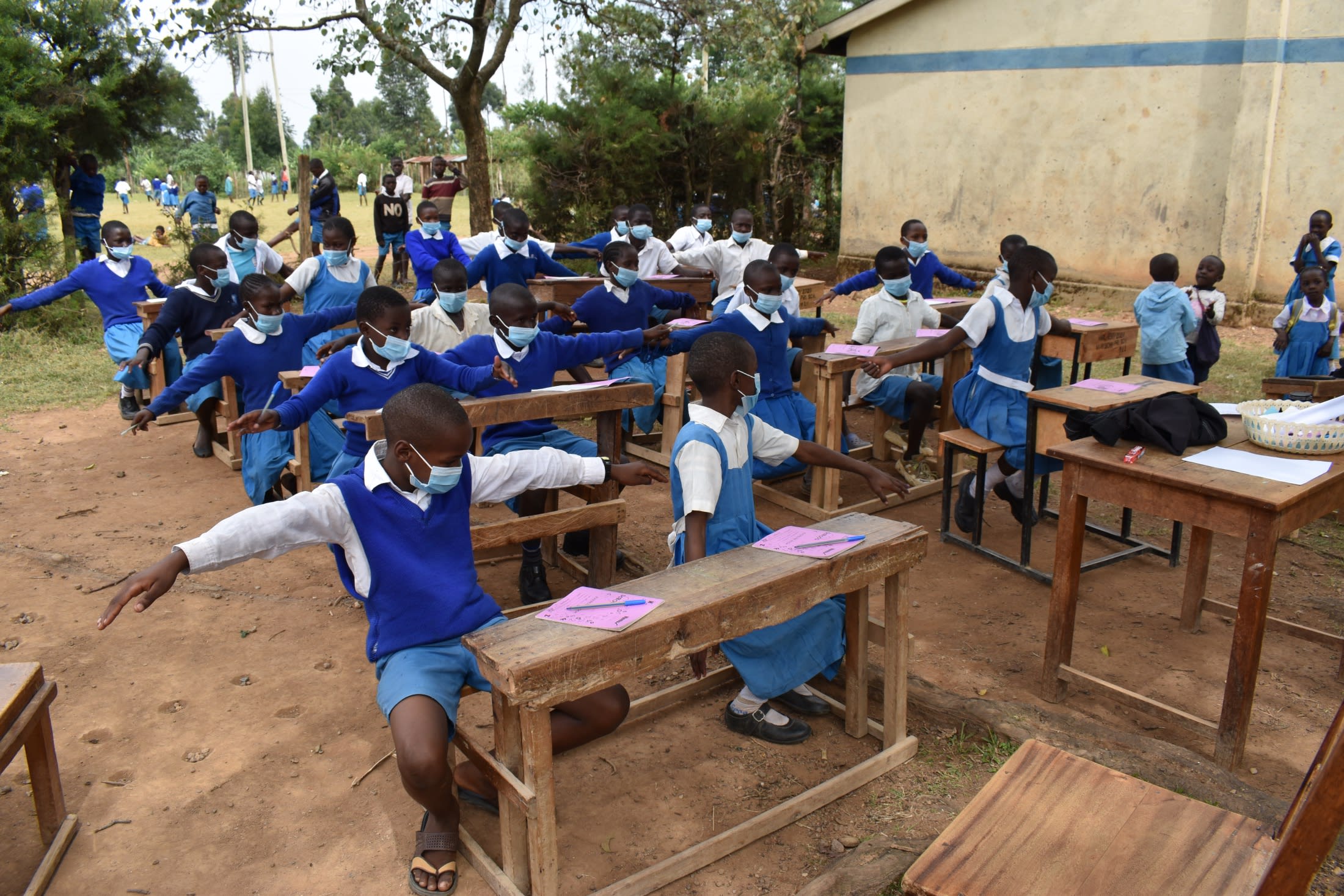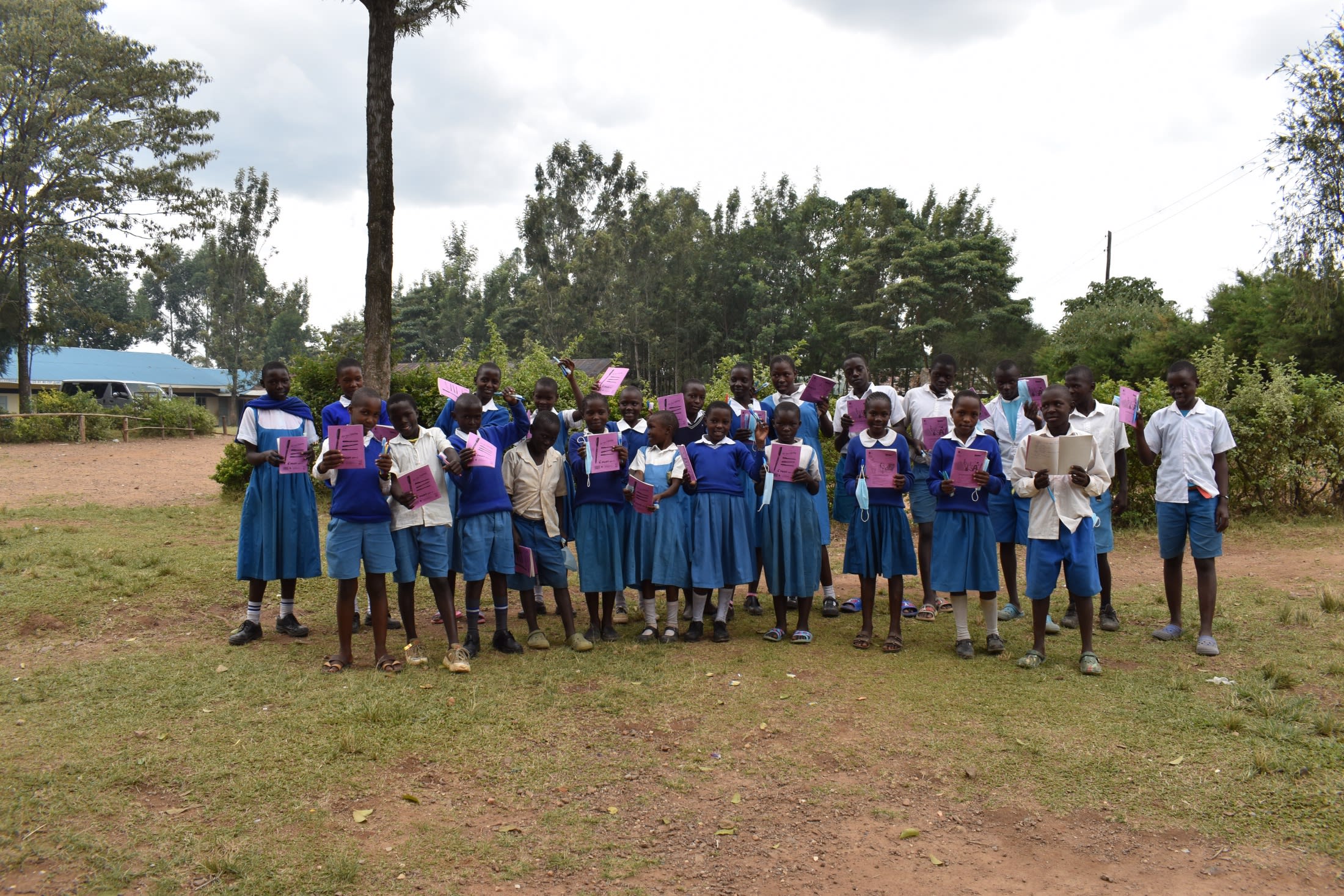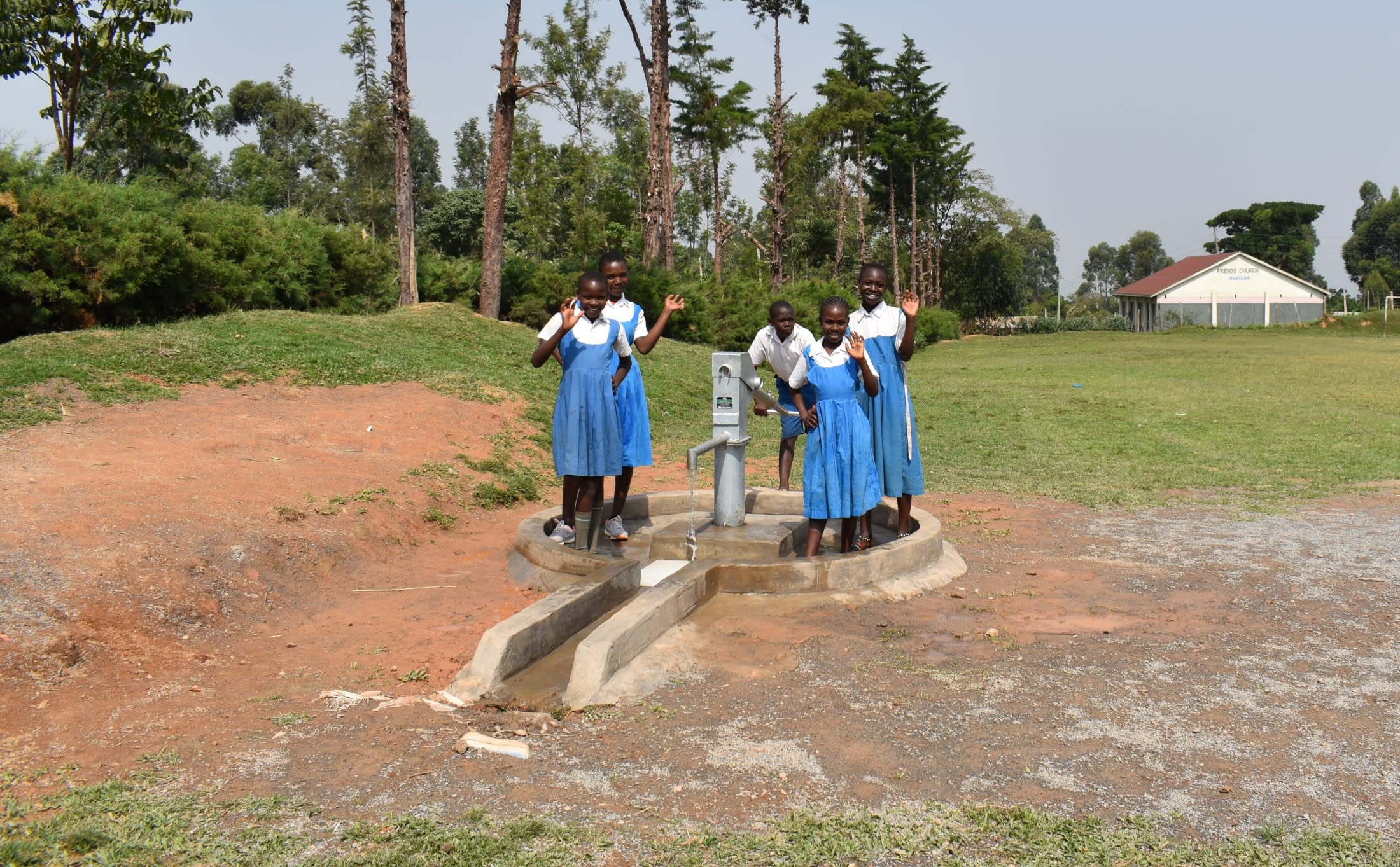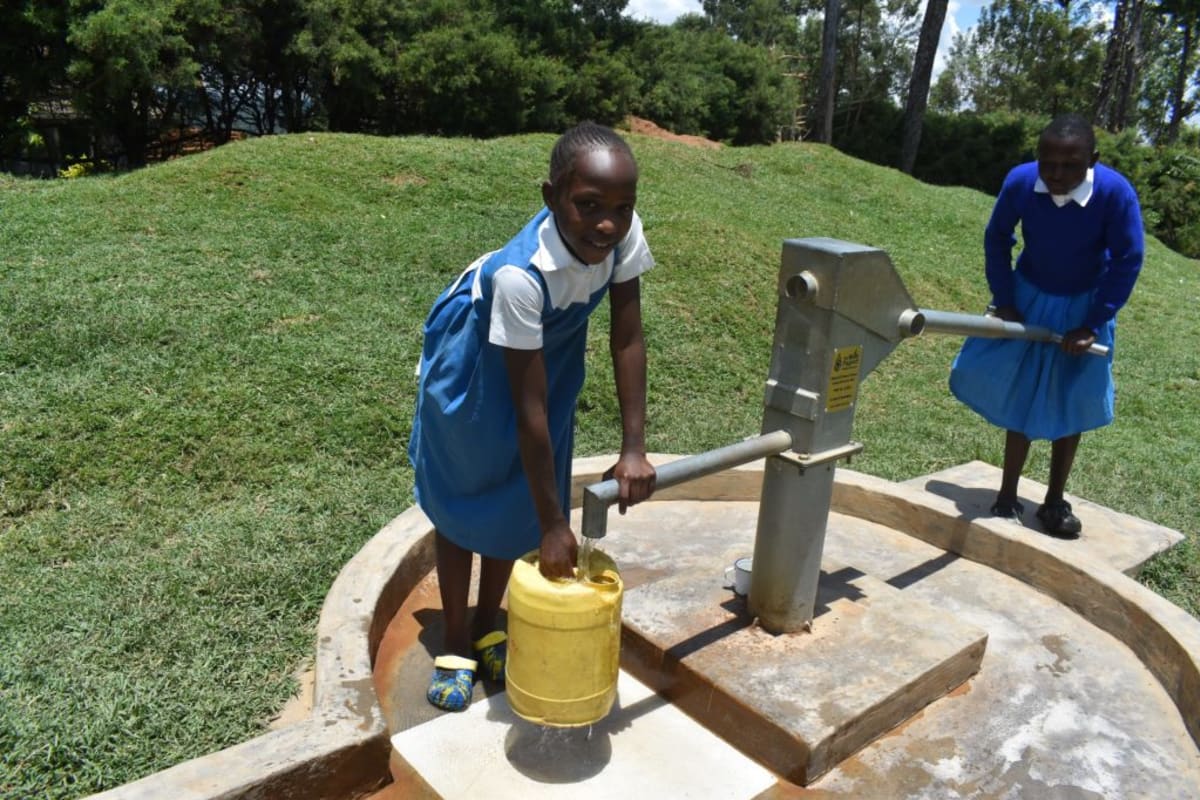Makuchi Primary School's main water source for its 513 students and staff is a partially protected hand-dug well located on a nearby neighbor's property.
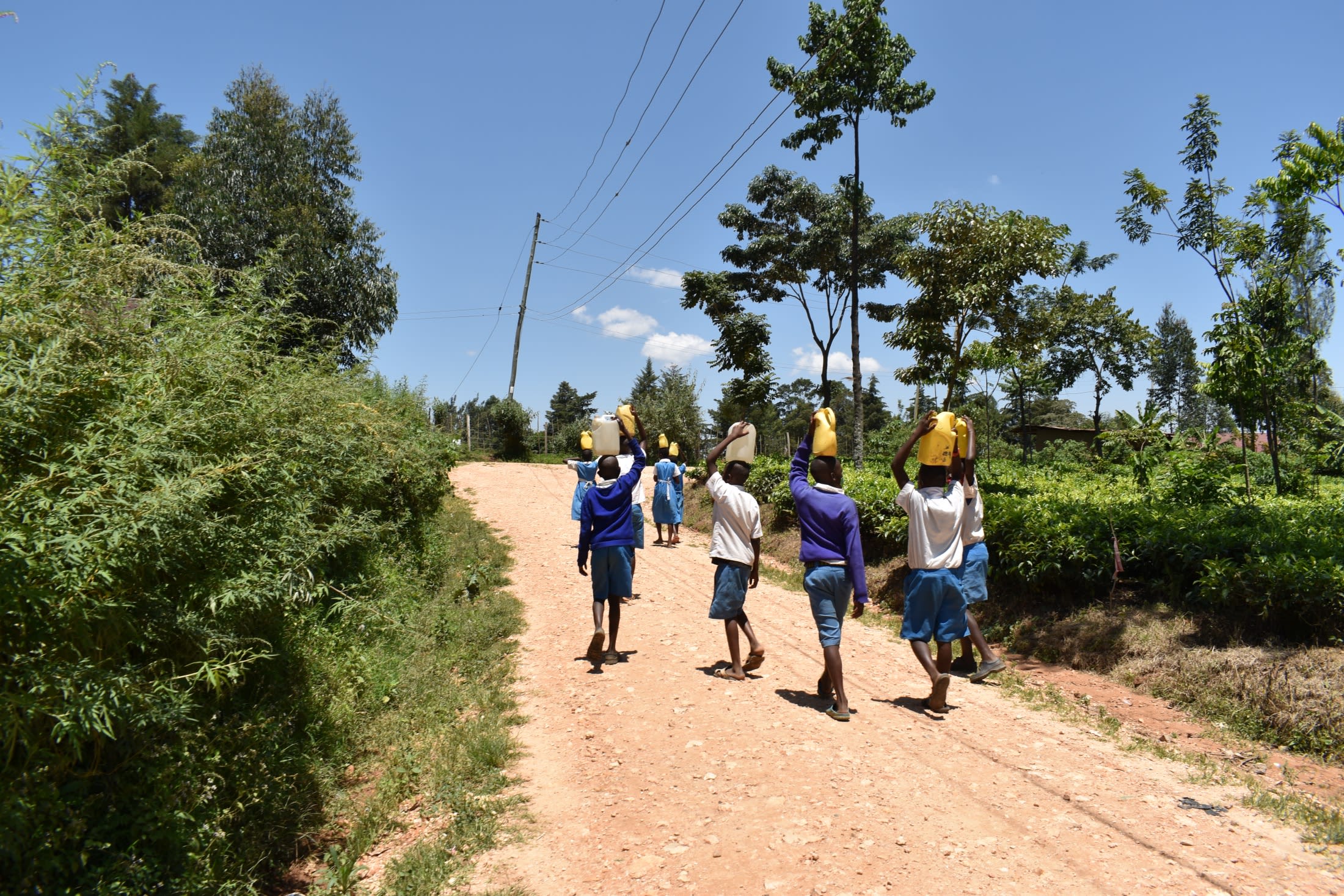
The well faces several challenges, the largest being when the owner locks the well, especially during the dry seasons, leaving students and staff without water. The school administration is then forced to purchase access to the water, which causes financial strain on the school.
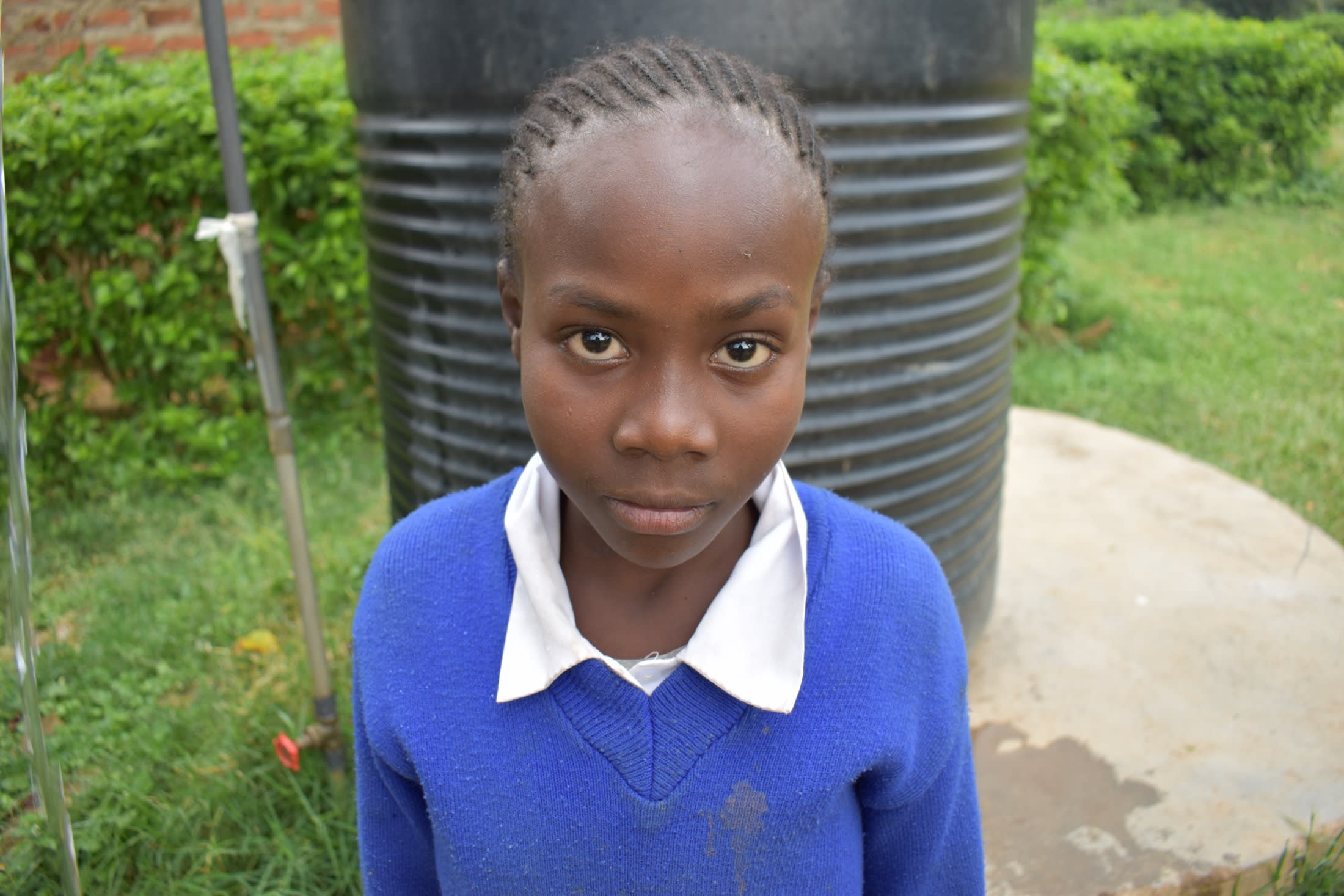
"The current water is not reliable because the owner must be always there when students are fetching water. But when the owner is not around, definitely we miss this precious commodity," said Patience M., age 10.
The well does not drain the run-off water properly so it ends up re-entering the well, contaminating it. A pit latrine on the neighbor's property is located too near the water point, risking further contamination. Together, these make water from the well unsafe to drink. As a result, students are affected by waterborne diseases.
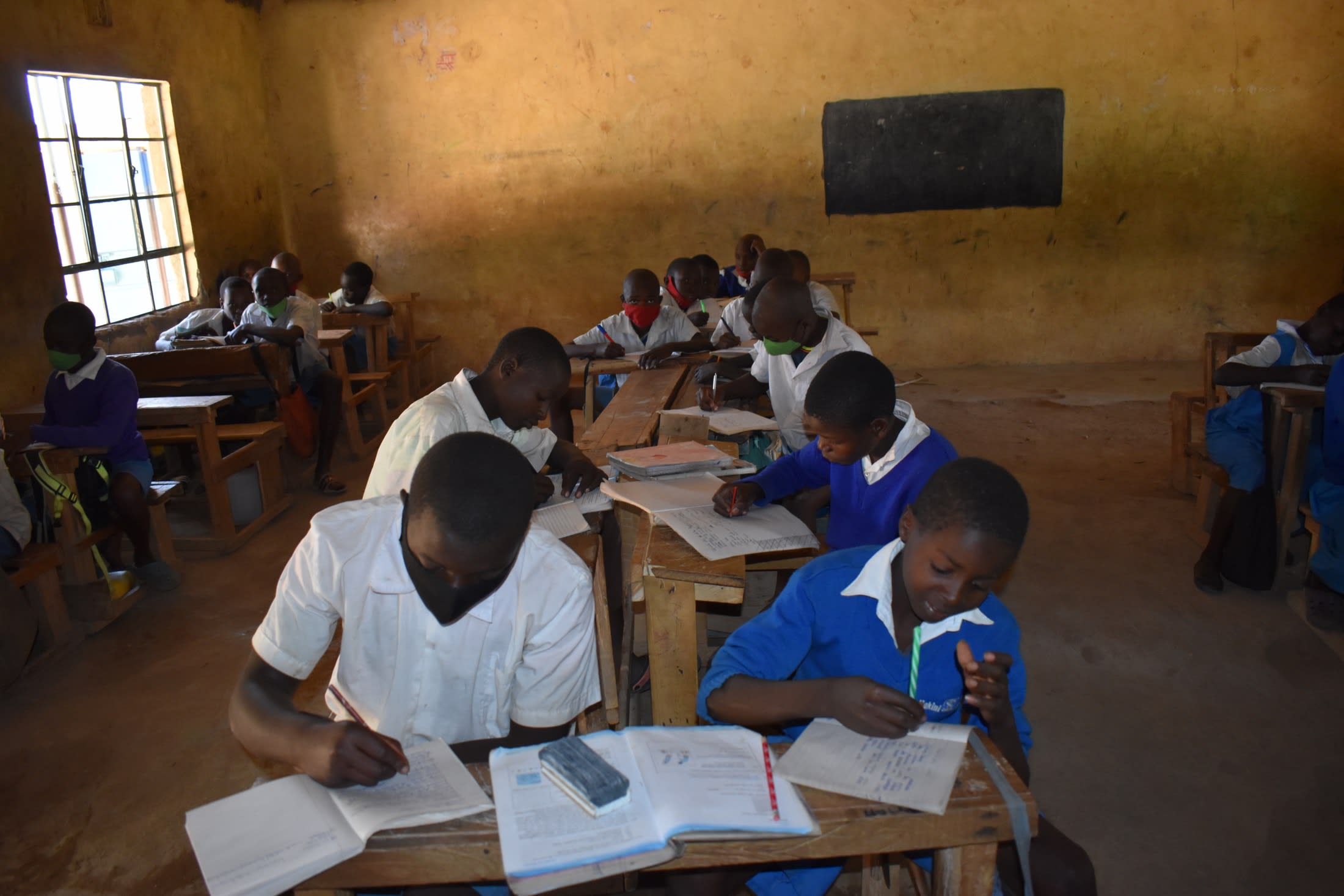
Headteacher Henry Lwova shared his concerns: "The school is in a worse health and sanitation condition, prone to contagious diseases that can negatively affect the learners."
The school also has a small rainwater collection tank, but it is not a reliable source of water. It doesn't receive sufficient water during the dry season, so it runs dry. It is not large enough to meet the needs of the large school population.
A new borehole well will allow students to concentrate on their studies. Instead of spending valuable time collecting water during the school day and missing class time due to illness from water-borne illnesses, students will be able to have a bright future.
What We Can Do:
New Well
We conducted a hydrogeological survey at this school and the results indicated the water table beneath it is an ideal candidate for a borehole well. Due to a borehole well's unique ability to tap into a safe, year-round water column, it will be poised to serve all of the water needs for this school's large population, even through the dry months.
The school will help collect the needed construction materials such as sand, rocks, and water for mixing cement. They will also provide housing and meals for the work team, in addition to providing local laborers. We will complement their materials by providing an expert team of artisans and drilling professionals, tools, hardware, and the hand-pump. Once finished, water from the well will then be used by the school’s students and staff for drinking, handwashing, cooking, cleaning, and much more.
Handwashing Stations
There is currently nowhere for students to wash their hands after using the latrines or before eating lunch, let alone the water to do so.
The student health club will oversee the two new handwashing stations we will provide, and make sure they are kept clean and in working condition. The club leaders will fill the handwashing stations with water daily and make sure they are always supplied with a cleaning agent such as soap or ash.
VIP Latrines
We will construct two triple-door latrine blocks using local materials that the school will help gather. Three doors will serve the girls and three doors will serve the boys. All of these new latrines will have cement floors that are designed to be easy to use and to clean. And with a borehole right on school property, there should be enough water to keep them clean.
Training on Health, Hygiene, COVID-19, and More
We will hold a one-day intensive training session with students, teachers, and parents. This training will cover a wide range of topics including COVID-19 symptoms, transmission routes, and prevention; personal and environmental hygiene; and the operation and maintenance of the borehole, latrines, and handwashing stations. There will be a special emphasis on handwashing.
Our team of facilitators will use a variety of methods to train, including participatory hygiene and sanitation transformation, and asset-based community development. We will initiate a student health club, which will prepare students to lead other pupils into healthy habits at school and at home. We will also lead lectures, group discussions, and provide illustrative handouts to teach health topics and ways to promote good hygiene practices within the school including handwashing and water treatment. We will then conduct a series of follow-up trainings before transitioning to our regularly scheduled support visits throughout the year.
We and the school strongly believe that all of these components will work together to improve standards at this school, which will help lead to better student academic performance and will help unlock the opportunity for these students to live better, healthier lives.

 Borehole Well and Hand Pump
Borehole Well and Hand Pump
 Rehabilitation Project
Rehabilitation Project












